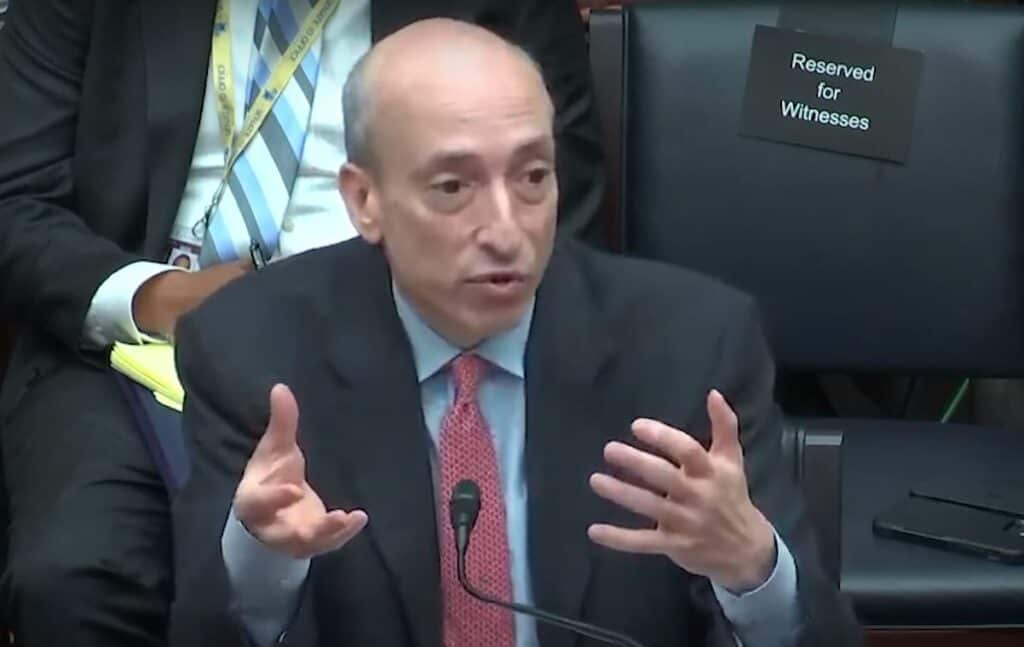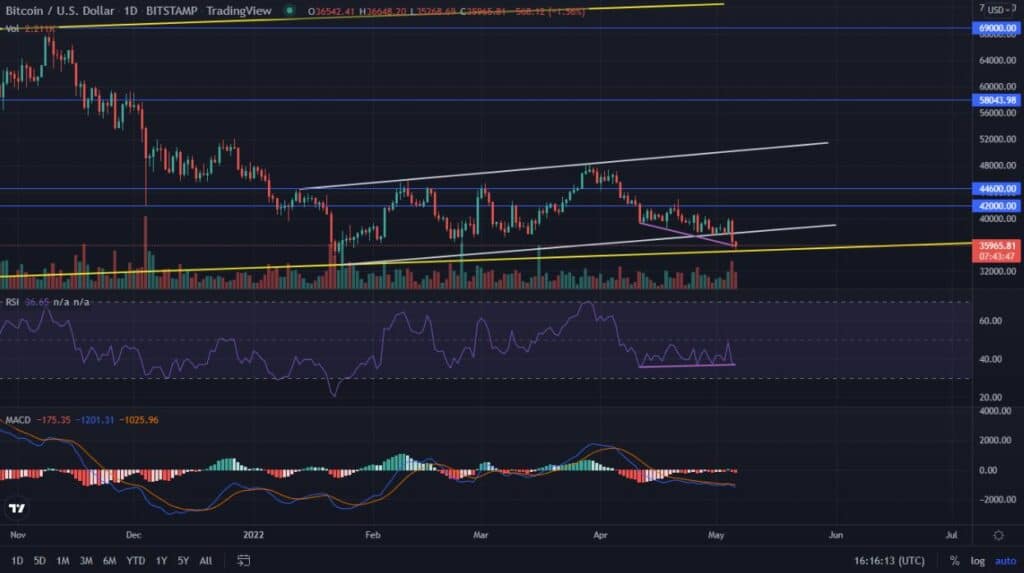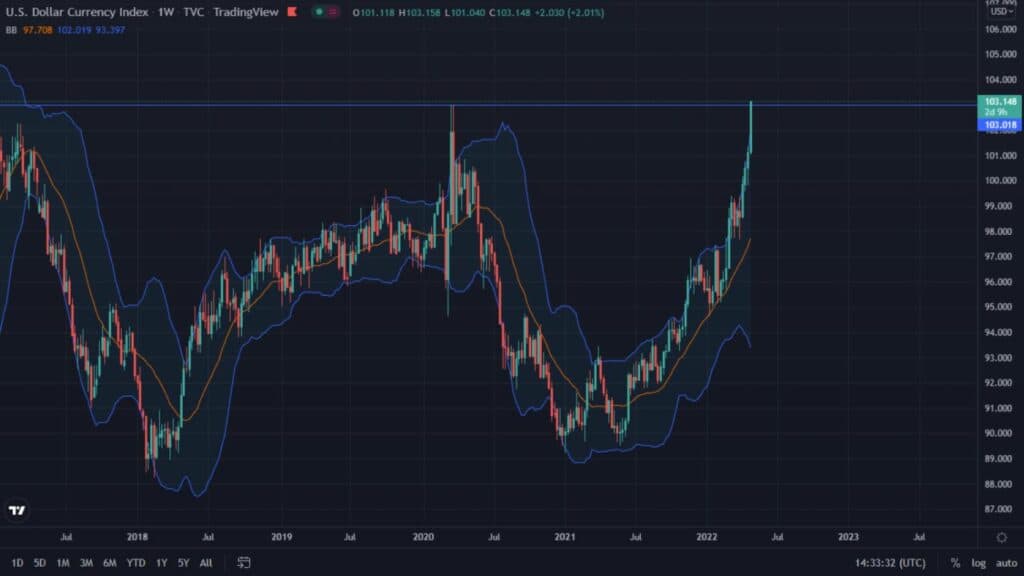The events taking place in China are strongly affecting the health of the Bitcoin mining sector. We wrote about it in an article titled “China bans Bitcoin mining (again)”. Today, we bring you a continuation of the story of the miners there. We discuss what the most popular directions are for their relocation.
China vs. Bitcoin
The history of Bitcoin in China has been shaped in gray hues for years. Constant proposals for more bans led to the situation that evolved in the second quarter of 2021. In the name of an alleged effort to reduce carbon emissions into the atmosphere, individual Chinese provinces began the process of disconnecting cryptocurrency mines that were deemed too high an energy burden for the country. Although it has been two months since the first official closures, we are still learning about more regions following the same plan like Anhui province. So where is Hash Rate moving to?
Asia still the leader, the United States is gaining strength
Back in June, Shenzhen province-based cryptocurrency miner BIT Mining reported that its 320 diggers were on their way to Kazakhstan. In the same month, another 2600 devices were also supposed to go to China’s geographical neighbor. According to the company’s representatives, before 27 July the mining process based on its capacity should be fully resumed. Several dozen Chinese mines are in a similar situation. For many of them, the choice of Kazakhstan as a new place to move their mining capacity is an excellent solution. From the logistical point of view, the distances are relatively short, and electricity prices on the Kazakh side are also promising.
Another popular direction for the relocation turned out to be the United States. Although the distances between China and the States are quite long and the logistical process more complex, this is not an obstacle for miners. The Texas region has proved to be a tempting one. One of the mines moving to this region again is BIT Mining. This is a very rational move by the company, limiting the impact of potential further restrictions in one of the countries mentioned above on its mining profits. Texas itself is considered by the mining community as a potential new Bitcoin mining center. Mines such as Bitman and Argo Blockchain are declaring their increased involvement in the region. Much of the credit for this goes to the attitude of the local ruling class, among which is Rockdale Mayor John King, who personally mines cryptocurrencies on private equipment in his home. The friendly political background, as well as Texas’ commitment to renewable energy, gives the mines a chance to work steadily.
Why are miners’ moves positive for Bitcoin?
It is estimated that 65% of the global Hash Rate of the king of cryptocurrencies was located in China until recently. As miners are forced to move out of the Middle Kingdom, decentralization occurs. This is perfectly illustrated by the example of BIT Mining itself, which not only leaves China, but even spreads its mining capacity over two different countries, located on two different continents. This is a kind of risk diversification and limiting the influence of one country’s government on such a strong power shift as the one that occurred in May 2020. This kind of procedure improves the stability of the Bitcoin network. In addition, the removal of miners from China means that these miners will no longer have as much ability to influence price fluctuations as they did before.


















